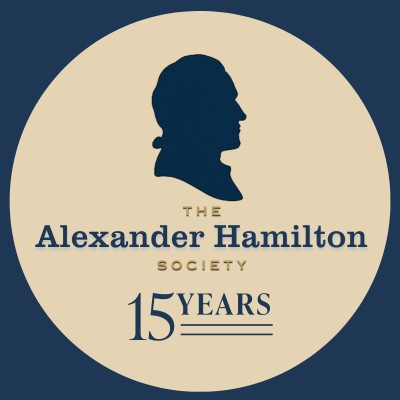
The Alexander Hamilton Society
The Alexander Hamilton Society (AHS) is an independent, non-partisan, not-for-profit organization dedicated to promoting constructive debate on basic principles and contemporary issues in foreign, economic, and national security policy. AHS is a membership organization—not a think tank or an advocacy group. Seeking to build a national network of outstanding students, faculty, and professionals, we sponsor debates at colleges and universities, as well as in major cities, and provide other opportunities for our members to flourish intellectually and professionally.






